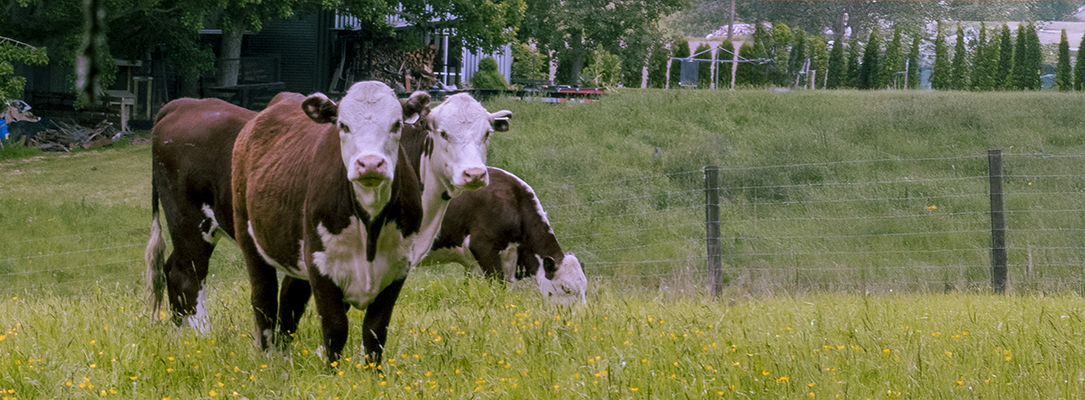
As mating is nearly upon us, making sure your bulls are in peak condition is vitally important for successful mating outcomes.
Coming into mating, bulls should be fit, but not fat – around a BCS 6-7. Bull power should be adequate to ensure all cows are able to be serviced. A general rule is 1:40 for older, proven sire bulls and 1:20 for yearlings. If you use synchrony programmes, extra bull power may be required for the following cycle after synchrony, depending on cow numbers. Some people use a lower ratio – the extra bulls being an insurance policy against bull failures. Single sire mating is still commonplace, but these bulls should be rotated after a cycle (or less) to avoid total bull failures in mobs.
Feet trimming and general WOFs can be carried out by your Vetlife team pre-mating to ensure the bulls are ready for the job. Ideally, bulls should be service tested, or semen tested annually to give as much insight into mating ability and fertility as possible. Whilst only a snapshot of a bull’s ability, it does provide valuable peace of mind and allow replacements to be found in plenty of time before mating.
Selenium and iodine are important in sperm production and motility. Bulls should be supplemented at least six weeks prior to mating to allow for the best sperm quality.
This should be in place for all service bulls. Bovine viral diarrhoea (BVD) and infectious bovine rhinotracheitis (IBR) are common diseases affecting fertility outcomes. Before a bull arrives on the property, he should have been tested for BVD and if not should be isolated and tested on your property before being introduced to other animals.
Yearly vaccination against BVD is essential to ensure good mating results and help prevent PI production and early embryonic losses. IBR can cause early embryonic losses in pregnant cattle and can have negative effects on a cow’s ovaries but can be vaccinated against. Bulls are important vectors for these diseases and prevention is much easier than cure.
Bulls should be closely observed during mating to ensure they are serving cows successfully. Lameness should also be closely monitored. Bulls that are not properly serving or are lame should be swapped out with a spare bull as early as possible. Watching bulls for aggressive and protective behaviour is very worthwhile. Dominant bulls can spend more time fighting and ‘protecting’ cows on heat than mating, reducing conception chances. If the option is there to remove these bulls and swap them out, then it can improve reproductive performance.
Bulls are a big outlay on any farm, so maximising their ability with the above simple steps is a worthwhile investment.